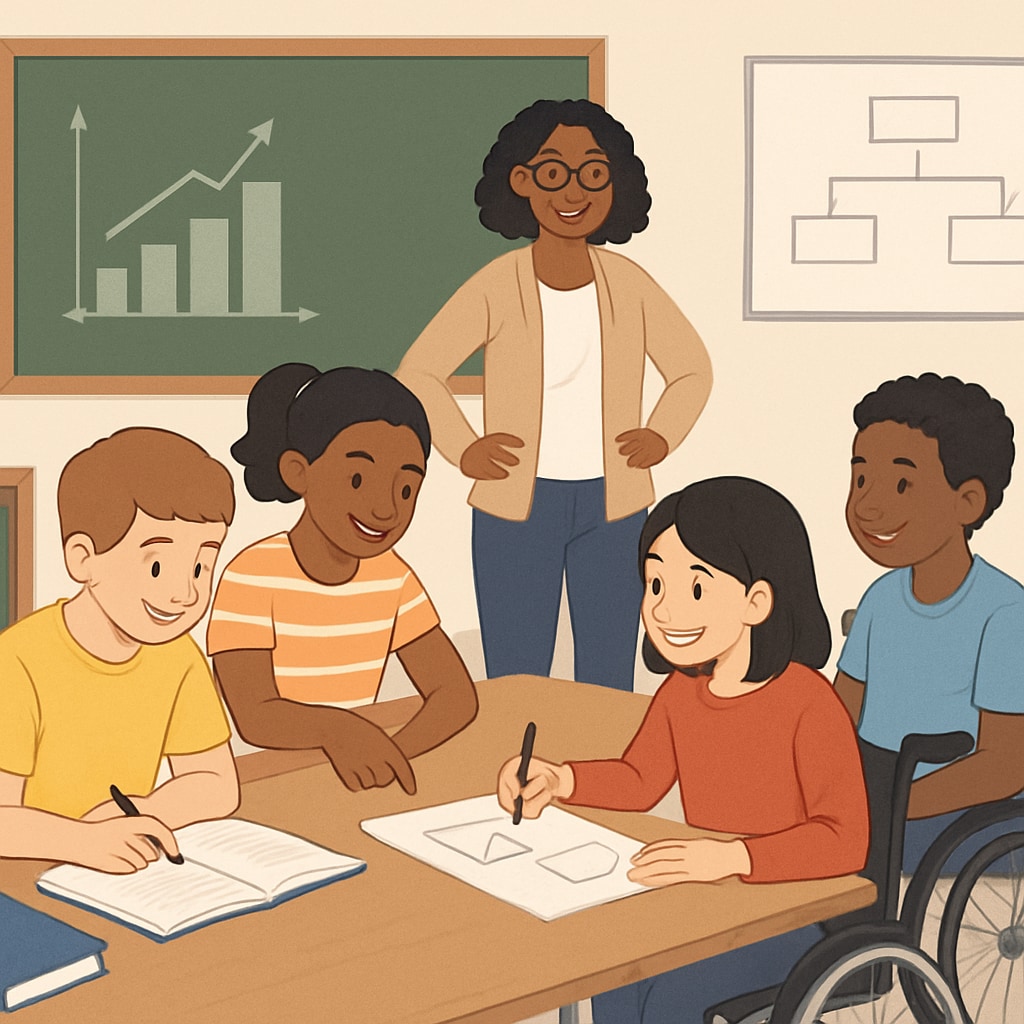The use of the “genius” label within the K12 education system has long been a controversial topic. While seemingly harmless, this label often places undue pressure on students, divides classrooms, and impacts the mental well-being of all learners—both those labeled as “genius” and those who are not. This article critically examines the negative effects of labeling students and proposes strategies to create an inclusive, growth-focused learning environment.
The Harmful Effects of Labels in Education
Labels like “genius” in education often come with unintended consequences. When a student is identified as a “genius,” it can lead to intense pressure to live up to unrealistic expectations. This pressure may result in anxiety, burnout, or an aversion to risk-taking, as the student may fear failing and losing their perceived status. On the other hand, students who are not labeled may feel excluded or inferior, leading to decreased self-esteem and disengagement from learning.
Moreover, these labels can create a fixed mindset—a belief that intelligence and talent are inherent and unchangeable. This contradicts the principles of a growth mindset, which emphasizes effort, perseverance, and continuous improvement over innate ability. For example, research by educational psychologist Carol Dweck highlights how a growth mindset fosters resilience and a willingness to tackle challenges, qualities often stifled by rigid labeling practices.

Why the “Genius” Label Is Unfair and Unnecessary
At its core, the “genius” label is inherently flawed because it oversimplifies the diverse ways in which students excel. Intelligence and talent are multifaceted—spanning creativity, emotional intelligence, problem-solving, and collaboration, none of which can be adequately captured by a single label. By prioritizing one-dimensional labels, schools risk ignoring the unique strengths and potentials of each student.
Additionally, such labels often reflect societal biases, favoring students who excel in traditional academic subjects while undervaluing talents in areas like art, music, or interpersonal skills. This bias perpetuates inequities and narrows the scope of what is considered “valuable” in education.
To illustrate, a study conducted by Britannica emphasizes the importance of fostering diverse skill sets in students, advocating for a more holistic approach to education that transcends labels.
Building a Growth-Focused and Inclusive Educational System
To combat the negative effects of labels, educators and policymakers must embrace practices that promote inclusivity and a growth mindset. Here are several actionable strategies:
- Encourage effort over innate ability: Praise students for their hard work, persistence, and problem-solving skills rather than labeling them based on perceived intelligence.
- Diversify recognition: Celebrate achievements across a broad spectrum of disciplines, ensuring that all students feel valued for their unique contributions.
- Foster collaboration: Create opportunities for students to work together, emphasizing teamwork and peer learning rather than individual competition.
- Train educators: Provide professional development programs that equip teachers to support a growth mindset and avoid perpetuating harmful labels.
By implementing these practices, schools can create environments where all students feel empowered to grow, learn, and succeed on their own terms.

In conclusion, the widespread application of the “genius” label in K12 education does more harm than good, creating unnecessary divisions and pressures among students. By shifting focus to inclusive practices and encouraging a growth mindset, educators can build a system that values effort, diversity, and continuous improvement. After all, every student has the potential to excel when given the right opportunities and support.
Readability guidance: This article uses concise paragraphs, lists, and transitional phrases for clarity and engagement. It avoids long sentences and excessive jargon, ensuring accessibility for educators, parents, and policymakers alike.


